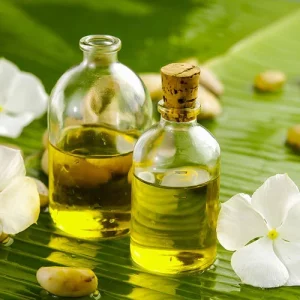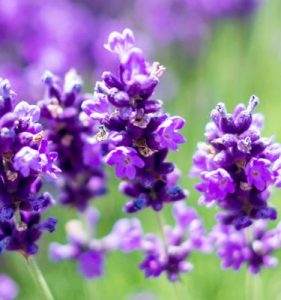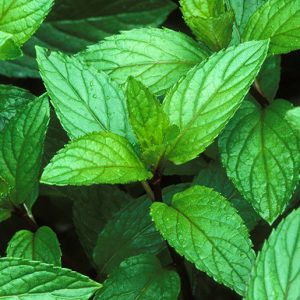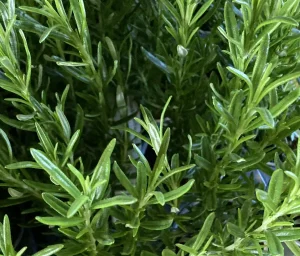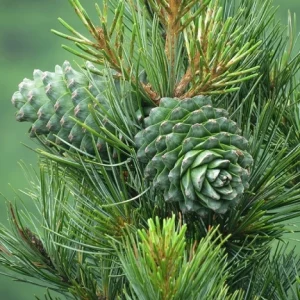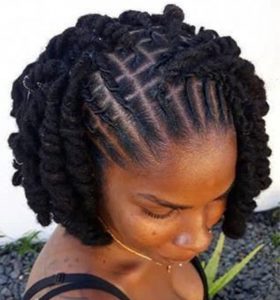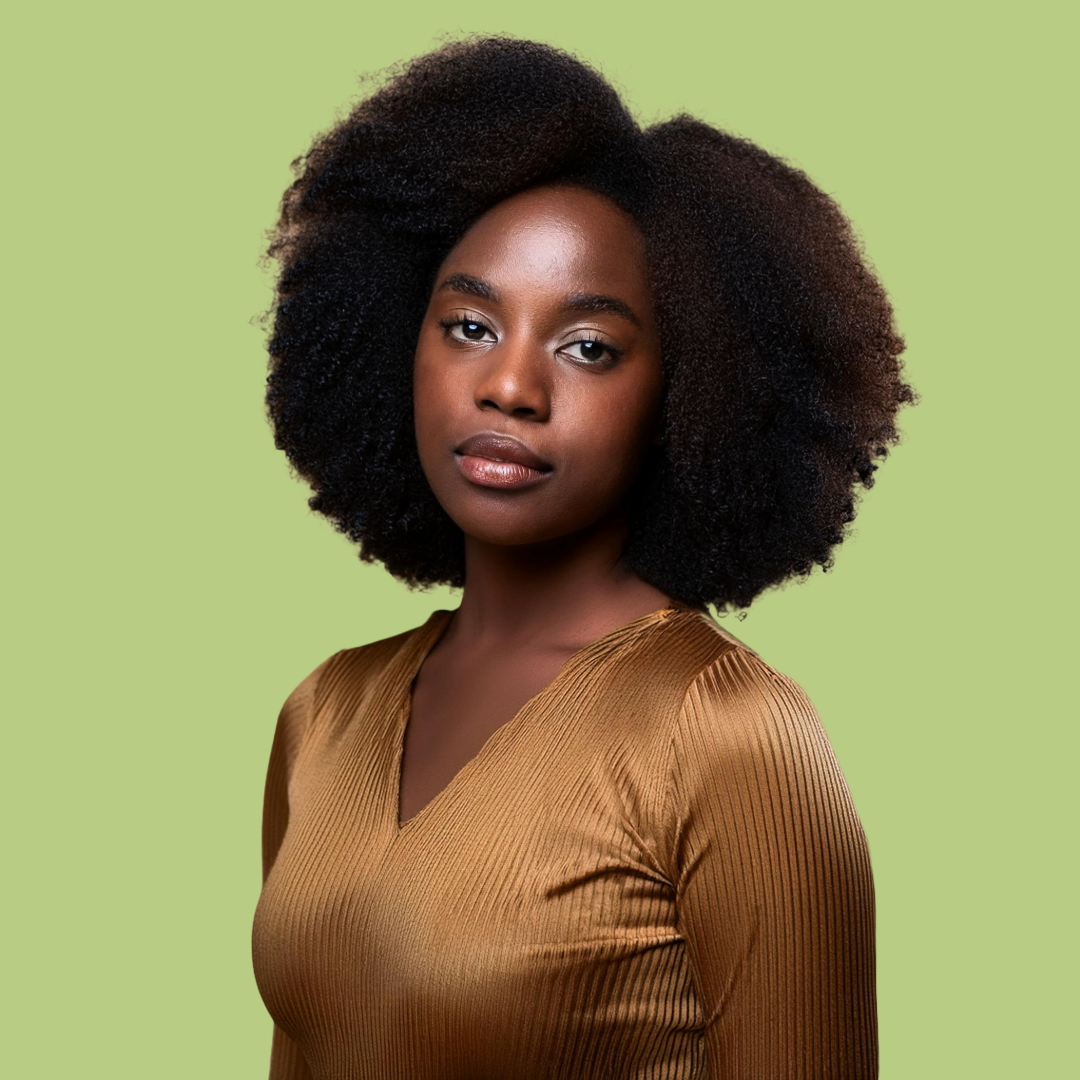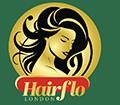Unlocking the Secrets to Afro Hair Growth
Unlocking the Secrets to Afro Hair Growth: Myths, Tips, and Sulfate-Free Solutions
Understanding Afro Hair Growth
Afro-textured hair, with its distinct curl patterns and natural volume, is admired worldwide for its beauty and uniqueness. However, growing long, healthy afro hair can sometimes feel challenging due to common myths and misconceptions. Let’s explore the growth process of afro hair and share practical advice for nurturing its health and length.
The Growth Cycle
Like other hair types, afro hair typically grows about half an inch per month. However, its tightly coiled structure can make it seem like it’s growing more slowly or appears shorter. Understanding your specific hair type—whether it’s wavy (type 2), curly (type 3), or coily (type 4)—is important for creating a personalized hair care routine that works best for you.
Debunking Common Myths
Afro hair doesn’t grow.
**Myth:** Afro hair grows at a similar rate as other hair types; its coil pattern can sometimes make it look shorter. Consistent care and patience are key to helping it thrive.
Afro hair is too difficult to manage.
**Myth:** With the right techniques and products, afro hair can be both manageable and beautiful.
Afro hair is tough and doesn’t need moisture.
**Myth:** Afro hair is more prone to dryness and breakage, making regular moisturizing and hydration essential for maintaining its health.
*“Afro hair is always messy or unkempt.”*
**Myth:** Cleanliness is not determined by hair type—proper hygiene and maintenance are important for every hair type, including afro hair.
Nurturing Healthy Afro Hair Growth
Gentle Cleansing:
Avoid shampoos with sulfates, which can strip your hair of its natural oils. Instead, choose sulfate-free formulas containing milder cleansers like Sodium Lauryl Sulfoacetate, Sodium Cocoyl Glycinate, or Decyl Glucoside.
Conditioning:
Sulfate-free conditioners are a great option for afro hair as they hydrate and replenish moisture without harsh chemicals. These products are especially beneficial for maintaining the hair’s natural moisture balance.
Natural Oils:
Incorporating oils like Jamaican black castor oil, argan oil, or coconut oil into your routine can help to nourish and protect the ends of your hair, preventing split ends and breakage. These oils are excellent for promoting growth and ensuring your hair stays healthy.
Moisturizing Regularly:
Moisture is essential for afro hair, which is naturally more prone to dryness. Use water-based sprays, leave-in conditioners, or a blend of olive and coconut oils to hydrate your hair. Always lock in moisture by sealing it with an oil of your choice.
Protein Care:
Protein treatments can strengthen the hair and prevent damage, but it’s important not to overuse them as they can lead to brittleness. Aim for a balanced regimen of both protein and moisture treatments.
Why Choose Sulfate-Free Products?
Milder Cleansing:
Sulfate-free shampoos cleanse the hair gently without stripping away natural oils, helping to preserve moisture and reduce dryness . Its ok periodically but not every wash.
Gentler on the Scalp:
Sulfates like Sodium Laureth Sulfate (SLES) can cause scalp irritation for some people. Sulfate-free alternatives are much kinder on the scalp, reducing the risk of irritation.
Color Protection:
For those with color-treated hair, sulfate-free shampoos and conditioners are an excellent choice because they won’t cause color to fade prematurely.
Improved Scalp Health:
Sulfate-free conditioners can help maintain a healthier scalp, promoting overall hair health by soothing and nourishing the skin beneath your hair.
In Conclusion
Embrace the natural beauty of your afro-textured hair by debunking myths and making informed choices about your hair care routine. By choosing sulfate-free products and adopting a nurturing approach, you can unlock the full potential of your hair, allowing it to grow longer, stronger, and more vibrant. 🌿✨
—
